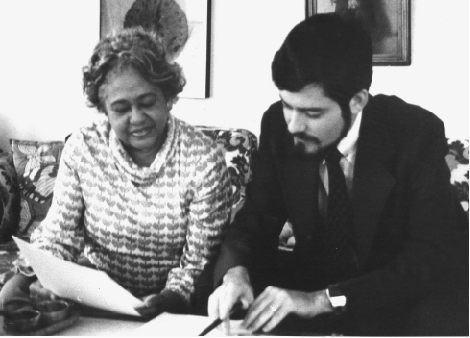The Role of Criminal Defense Attorneys in Protecting Your Rights
3 min read
Defense attorneys’ responsibilities go well beyond simply defending their clients in court. They also scrutinize the actions of law enforcement officials during investigation and prosecutors during prosecution to avoid miscarriages of justice.
They will work with your best interests in mind throughout every aspect of a criminal investigation and trial process. It is known as holistic representation.
The Role of a Defense Lawyer
Criminal defense attorneys are responsible for protecting their client’s rights in court and ensuring they receive the best possible outcome from their cases. Their duties include assisting with the investigation, reviewing the prosecution’s evidence, and preparing for trial. They also participate in the jury selection and question witnesses during the trial. Lastly, they negotiate with the prosecutor to reach a plea agreement or sentence.
They must fully inform their clients of the charges against them and their legal options, including the possibility of going to prison or losing their job. They should have extensive knowledge of state and federal laws related to crime. They should be able to spot any constitutional or procedural flaws immediately that might lead to the case being dismissed. Additionally, they must be able to explain to their clients the various available defenses, such as innocence, mistake, provocation, self-defense, necessity, or false confession. Additionally, they should be able to provide evidence supporting such defenses. To learn more about the defense lawyer’s duties, visit www.wshanejennings.com.
Defending Against Criminal Charges
When a crime is committed, it can leave a criminal record that damages reputations and makes future job opportunities difficult or impossible. Criminal defense attorneys work to protect their clients and their futures by fighting criminal charges, whether they are guilty or innocent.
The first step in defending against criminal charges is to carefully examine police procedures and evidence to determine if there are any grounds to get the prosecutor to drop the case before trial. It could include an illegal search and seizure, a lack of probable cause for arrest, or evidence tainted by improper handling.
While many believe that defense lawyers spend all their time in court arguing passionately, that’s only a tiny portion of what they do. They do a lot of legwork behind the scenes and always have their client’s best interests in mind. It means balancing what’s possible under societal standards with their client’s personal goals.
Defending Against Misdemeanor Charges
Criminal defense attorneys work with your best interests in mind across multiple areas of the case. For example, if you are charged with assault and are worried about the potential consequences for your career, they may help you negotiate a plea agreement in which you agree to specific terms.
They also help their clients understand what to expect at trial and how to interact with the authorities. It includes providing advice on responding to investigators’ questions so you do not incriminate yourself. They also know how to find weaknesses in the state’s case, potentially resulting in the charges being dropped.
Finally, they ensure their client’s constitutional rights are upheld. It involves determining whether the evidence in the case was illegally obtained or collected, which could result in it being excluded from the trial—criminal defense attorneys’ most crucial role is keeping the legal system honest.
Defending Against Felony Charges
After law school, criminal defense attorneys spend years researching and learning the specifics of their state’s laws with criminal charges. They learn how to defend against both misdemeanors and felonies, how to collect evidence, and how to work with those accused of a crime.
As a part of their job, they interact with police, prosecutors, and judges regularly, allowing them to understand better how each one approaches their work. This knowledge is crucial when preparing your case, negotiating a plea bargain, or advocating for you in court.
During the process, they will work with your best interests in mind both in and out of the courtroom. They will help you determine if any legal options are available, and they will assess potential jurors to ensure they are fair. They will also consult with you at every critical juncture in your case. Ultimately, they are crusaders on your behalf and play a vital role in keeping our society’s justice system honest.







